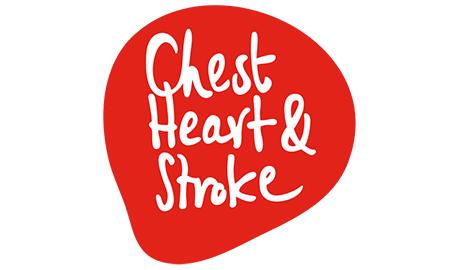Medical
Northern Ireland Chest Heart & Stroke
Medical Risk Factors
- Atrial Fibrillation: Atrial Fibrillation is a type of irregular heartbeat that can increase your risk of stroke by up to five times.
- Blood Pressure: High blood pressure can increase your risk of heart attack and stroke.
- Cholesterol: Too much cholesterol in the body can lead to blocked arteries and increase your risk of heart attack and stroke.
- Obesity: Being overweight can lead to high blood pressure and cholesterol which increase your risk of heart attack or stroke.
- Blood Sugar: Diabetes can increase the risk of heart disease and stroke. Type 1 diabetes can't be prevented, but you can reduce your risk of Type 2 diabetes.
For further information about medical risk factors - click here























































